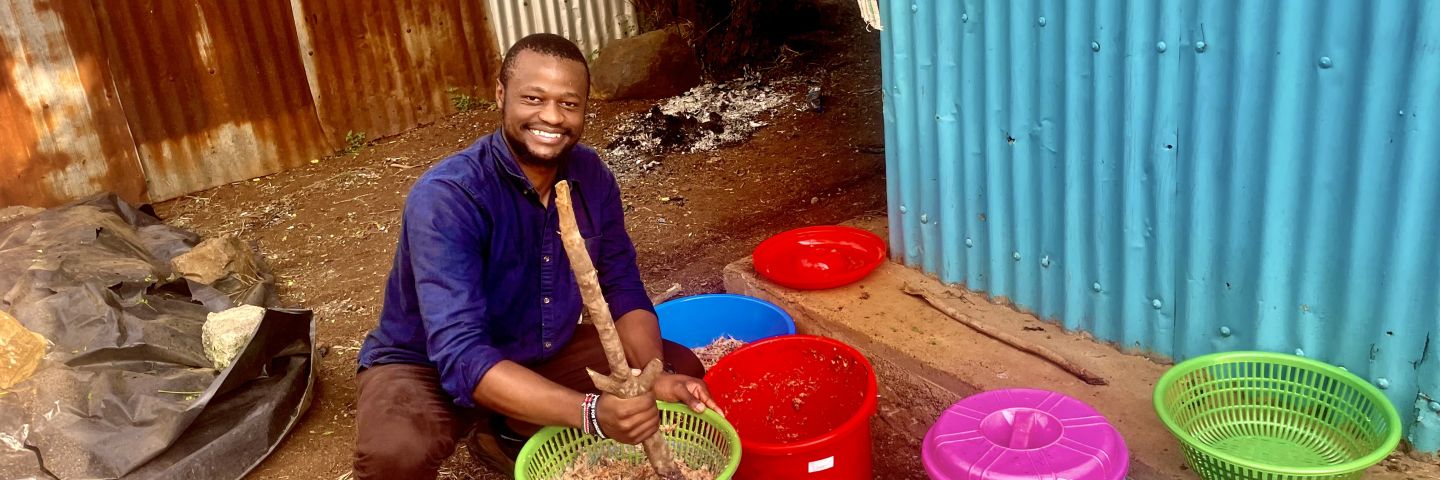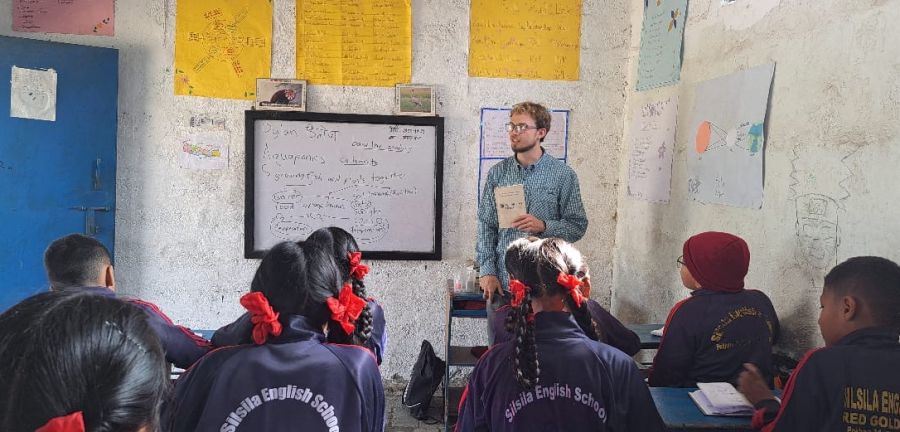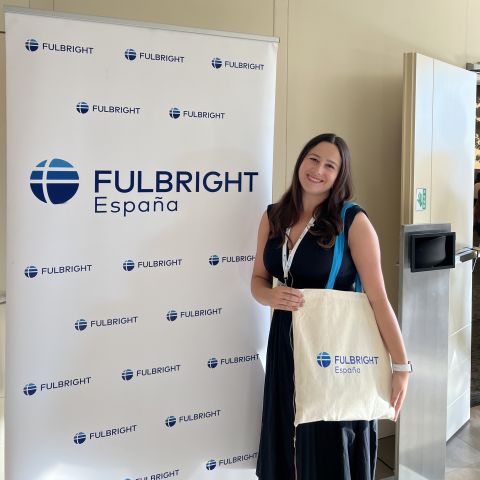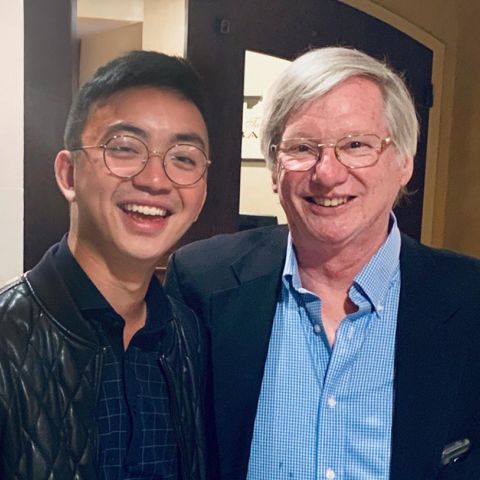Fulbright at Cornell
The Einaudi Center administers the Fulbright program at Cornell. As the home of Cornell’s Fulbright program, we offer all the resources undergraduate and graduate students and alumni need to apply for prestigious Fulbright international study and research funding.
Our Fulbright advisor will guide you through the application process when you’re ready. We provide counseling, essay feedback, and application support to help you succeed, whether you are still on campus or long-distance as a study abroad student or recent graduate.
Fulbright Opportunities
Fulbrighters from Cornell teach English abroad, conduct international research in wide-ranging fields of study, and attend international graduate programs. Past Fulbrighters have studied Islamic finance in Senegal, the Urdu language movement in South Asia, women’s representation in Chilean government, and much more.
Want to find out more about Fulbright opportunities? We hold info sessions each semester.
Fulbright Facts
- Over 600 Cornellians have crossed the globe with the Fulbright U.S. Student Program since the 1940s. You could be the next!
- One in three of our Fulbright-Hays doctoral applicants won awards. This opportunity is not currently offered due to federal funding changes.
Fulbright Support: Amanda Cronin '21
Visiting Fulbright Scholars
If you’re a visiting Fulbrighter, the Einaudi Center is the place to meet like-minded colleagues as you settle in at Cornell. A recent event we hosted brought together Fulbright recipients from Costa Rica, India, Pakistan, and beyond. Stay connected to the Einaudi Center as we develop more opportunities for visiting Fulbright scholars.





